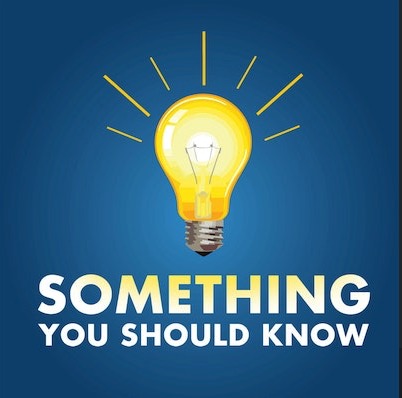When Maps Go Wrong & The Science of Everyday Courage

We’ve all done it — used a big fancy word to sound smarter or more impressive. But does it actually work? Research says no. In fact, the secret to sounding intelligent and confident has nothing to do with big words at all. I’ll explain what is far more powerful. https://www.businessinsider.com/use-simple-language-to-sound-smarter-2015-9
Maps are fascinating. Did you know that early maps were not made for navigation at all, and a lot of modern maps are filled with mistakes and distortions that frustrate entire countries? Jay Foreman, co-host of the hit YouTube series Map Men (https://www.youtube.com/playlist?list=PLfxy4_sBQdxy3A2lvl-y3qWTeJEbC_QCp) joins me to uncover the strange, surprising, and often controversial world of mapmaking — and why maps still shape how we see the world. Jay is author of the book This Way Up: When Maps Go Wrong (And Why It Matters) (https://amzn.to/49gSlrk).
Everyone remembers a time when they wish they had been more courageous. They wish they had spoken up, took a risk, or made a bold move. But what separates courage from recklessness? Harvard Business School professor Ranjay Gulati, author of How to Be Bold: The Surprising Science of Everyday Courage (https://amzn.to/42Tmg52), explains how to tap into genuine courage when it matters most — and why bravery often looks different than you think.
Finally, have you ever noticed that almost every zipper in your life works flawlessly? That’s no accident. One company dominates the global zipper market — and their story is a master class in precision, persistence, and quality. Listen as I reveal how this quiet manufacturing giant came to control nearly every zipper on Earth. https://ykkamericas.com/our-history/
















